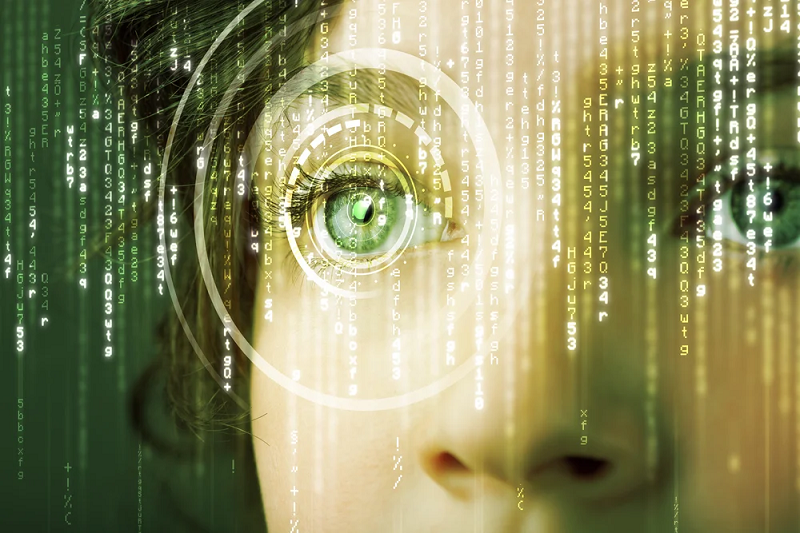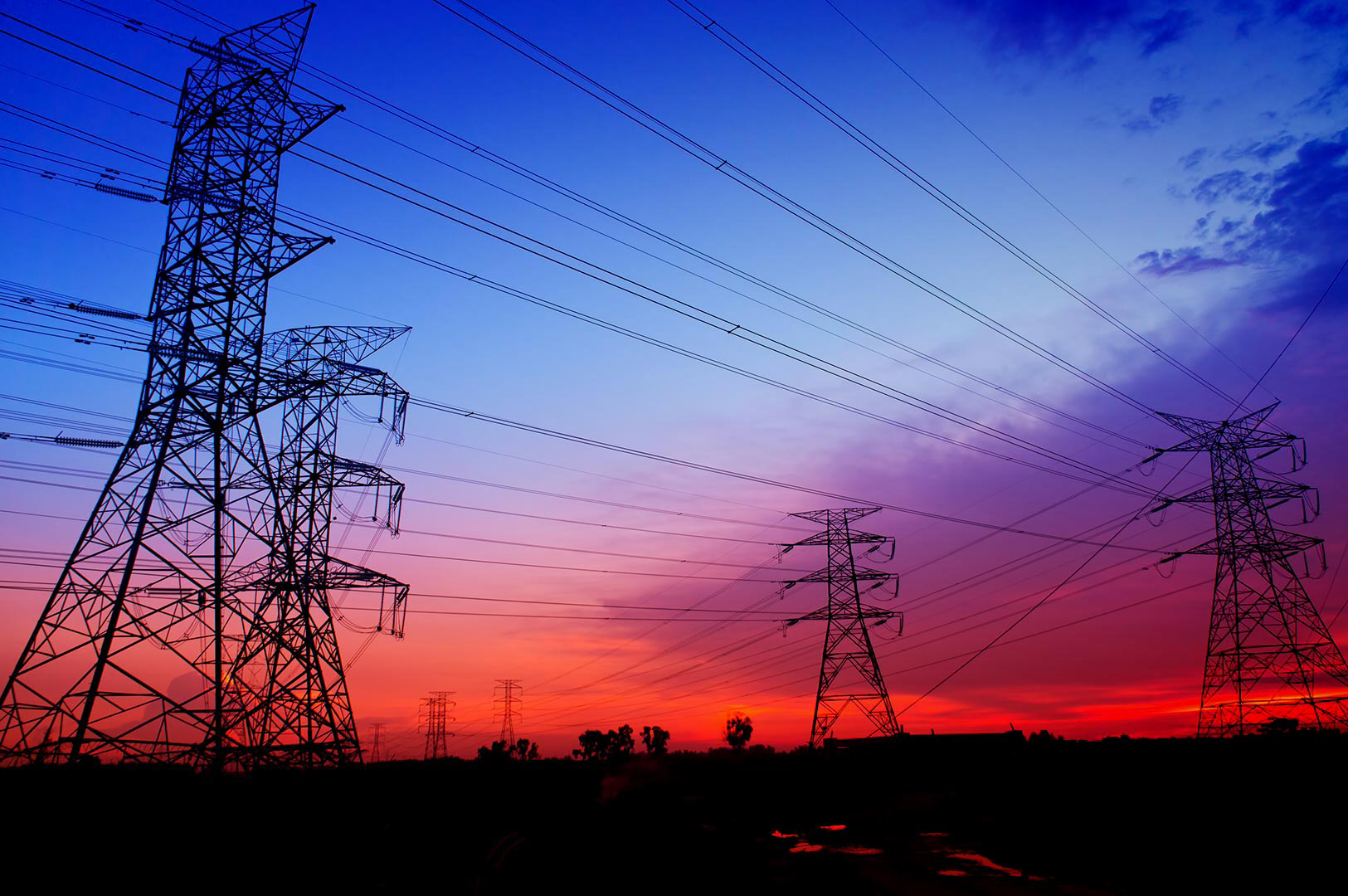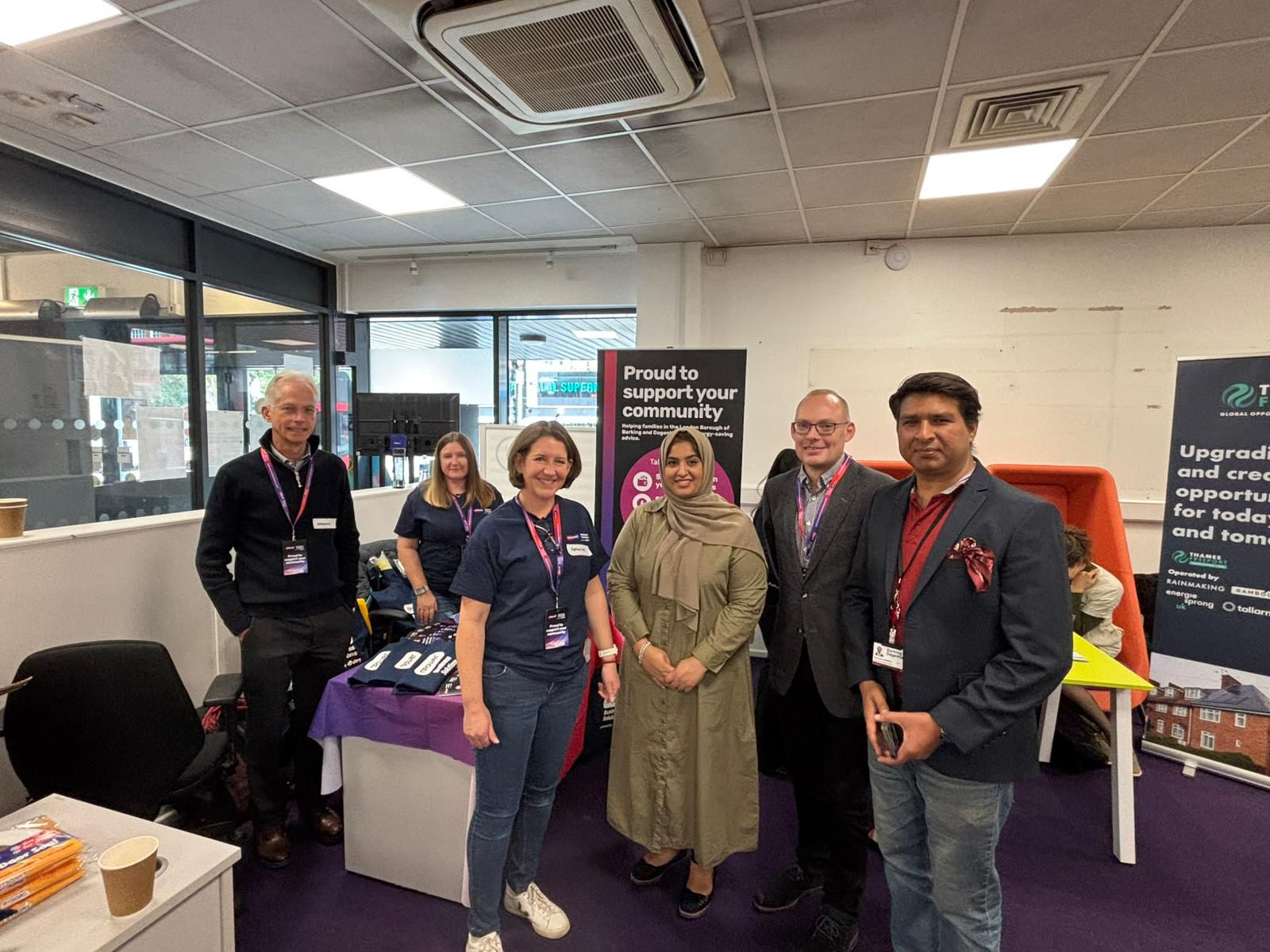To mark International Day of Women and Girls in Science (11th February), we ask 16-year-old work experience student Damson Wesson for her views on working with our Net Zero Team – and what we all need to do to reduce emissions and support the planet.
Q: What are you hoping to get out of your work experience with the Net Zero Team?
A: I am hoping to find out more about the business side of tackling the current climate change issue, and learn about how we can help businesses become more sustainable with energy and resource usage.
Q: What does net zero mean to you?
A: Removing as much carbon from the atmosphere as is being emitted, so the overall balance is zero, which is important to try and stop – or at least minimise – global warming.
Q: I understand you are the Sustainability Ambassador at your school. Can you tell us a bit more about this role and what made you apply for it?
A: The Sustainability Ambassador’s role is to spread awareness of how students and staff can be more environmentally friendly in their everyday lives. We also communicate and share ideas with other schools to promote more sustainable practices. This includes things like encouraging people to walk to school instead of driving, or turning off lights in unoccupied rooms. I applied for this role because I am enthusiastic about helping people become more aware of how to look after the planet, especially as we are the ones who will have to deal with the consequences.
Q: What concerns you most about climate change?
A: The fact that it is so difficult to control, and the long-term outlook seems quite bleak, despite the positive actions that so many people and businesses are doing. For example, deforestation in rainforests is almost impossible to control and renewable energy is very expensive for people to use, so it feels as though widespread action is very limited. I am hopeful that if everyone comes together and commits to helping to stop this, we can make it happen. But at times, this feels like an enormous task.
Q: How do you think science can support the world in trying to manage and mitigate climate change?
A: If we can be more precise in measuring the carbon emissions that need to be reduced – and make this information more easily available to everyone – then people will know how much we need to do. Then we can create clear management strategies that will effectively tackle the whole problem, not just part of it. That is why it has been really interesting working here with the Net Zero Team, as they use science-led skills and assessment methods to make this real to businesses, and then help them work out exactly what they need to do to meet net zero targets.
Q: What do you think energy companies can do to help?
A: I have already mentioned the work of the Net Zero Team. But, I also think making renewable energy the primary source for customers is a positive step, as well as spreading awareness via social media around how to reduce energy consumption, and potentially, how to generate your own renewable power at your business premises.
Q: What would you like to see businesses doing?
A: I hope that more and more businesses turn to renewable energy sources and make sure their products and services are made and delivered as sustainably as possible. For example, by being as resource efficient as possible and looking at their whole product life cycle, from initial concept to the final stages with end users.
Q: Any other ideas or observations you would like to share with us?
A: I would love for more young people to change small habits in their everyday lives, and be more environmentally friendly. For example, making sure they are recycling, or getting public transport where possible - because every little bit helps.
Read our essential guide to net zero funding to find out more about how npower Business Solutions explores renewable funding opportunities and green energy grants to help your business take its next steps towards net zero.



/npm214%20Digital_H_UB130.jpg)

/npm214%20Digital_H_UB127.jpg)

/npm214%20Digital_H_UB51.jpg)



